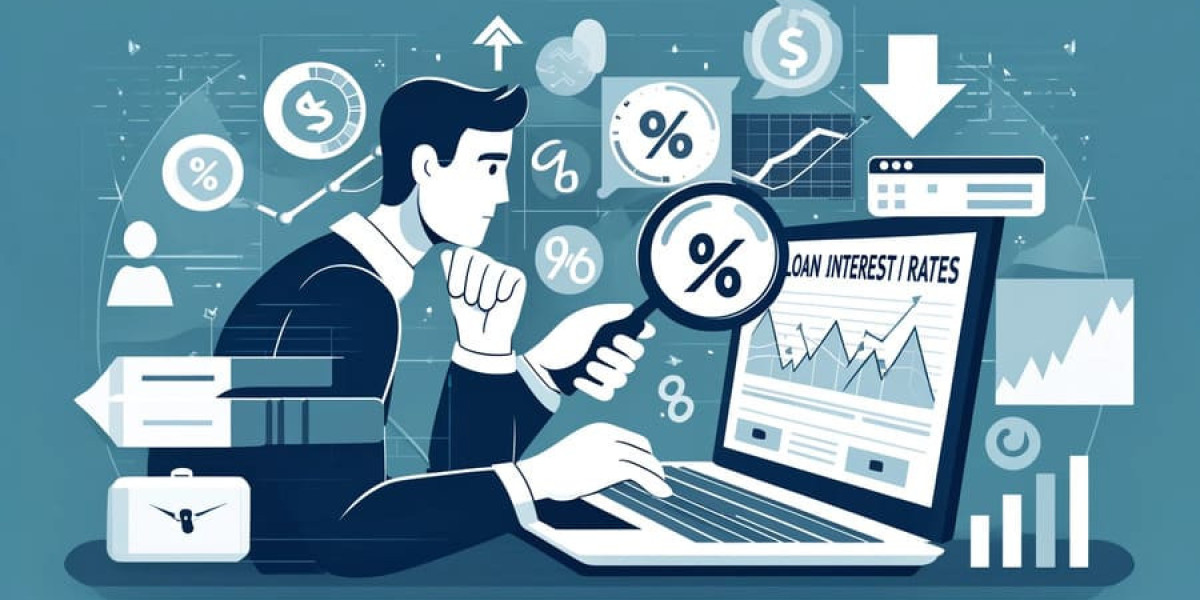In today’s digital age, social media has evolved from a mere tool for entertainment and connection to a powerful catalyst for social change. Platforms such as Twitter, Instagram, Facebook, and TikTok have allowed individuals and organizations to reach vast audiences and spark movements that might have been impossible in the past. Whether it's raising awareness about social issues, mobilizing for a cause, or even influencing political change, social media has proven to be an invaluable resource in the quest for a better, more equitable world.
The Role of Digital Platforms in Promoting Social Change
Social media’s influence on social change is undeniable. From movements like #BlackLivesMatter to climate change activism, these platforms have allowed millions to voice their concerns, organize protests, and demand action from governments and institutions. The ability to instantly share information, images, and videos has changed the way we think about global events and grassroots movements. Digital platforms break down the traditional barriers of communication, making it possible for marginalized voices to be heard.
Original Oratory Topics on social change often explore the dynamics between traditional activism and the rise of digital engagement. For example, many orators are delving into how social media impacts public discourse and the collective power it holds in shaping society. You can explore these topics further on platforms like MyAssignmentHelp, where students share insightful analyses on the transformative potential of digital spaces in various fields, including activism.
Hashtag Activism: A Double-Edged Sword?
While social media has given rise to hashtag activism, it comes with both positives and negatives. On one hand, it provides a sense of solidarity and community by connecting like-minded individuals. Hashtags like #MeToo and #SaveOurPlanet have raised global awareness about sexual harassment and climate change, respectively, by allowing people to share their personal experiences and demands for change.
On the other hand, some critics argue that online activism can sometimes be more performative than substantive. Hashtags might trend, but do they lead to real-world change? It’s easy to post a tweet or an Instagram story, but it’s much harder to turn online discussions into tangible actions. This highlights the need for digital platforms to complement, rather than replace, physical activism. The key is to use social media to organize, educate, and encourage offline efforts, ensuring that virtual participation transitions into meaningful real-world impact.
Leveraging Social Media for Positive Impact
Despite its pitfalls, social media has proven to be an effective tool for driving change in numerous ways. One of the key ways it can be harnessed for good is through education. Platforms like YouTube and TikTok have given rise to a new form of learning, where creators and activists share information about topics ranging from mental health to environmental sustainability. Educational campaigns can reach a wide audience, inspiring people to take action in their own communities.
Furthermore, social media can be a vehicle for fundraising, with campaigns like GoFundMe and Kickstarter using digital tools to generate support for causes or projects that might otherwise go unnoticed. By connecting people across the globe, digital platforms can amplify efforts that may not have gained traction otherwise.
Conclusion
As digital platforms continue to evolve, their role in social change will undoubtedly expand. Social media’s power lies in its ability to unite individuals, raise awareness, and challenge the status quo. While it is essential to be mindful of the challenges that come with this digital revolution, the positive potential is vast. Whether you're a student looking for Original Oratory Topics or an activist hoping to amplify your voice, social media offers an unparalleled opportunity to advocate for change, build solidarity, and create a lasting impact.
In the end, the responsibility lies with us to use these platforms for good — to not just amplify our voices but also to act upon the causes we care about. With thoughtful engagement, social media can transform from a digital distraction into a force for social change.





